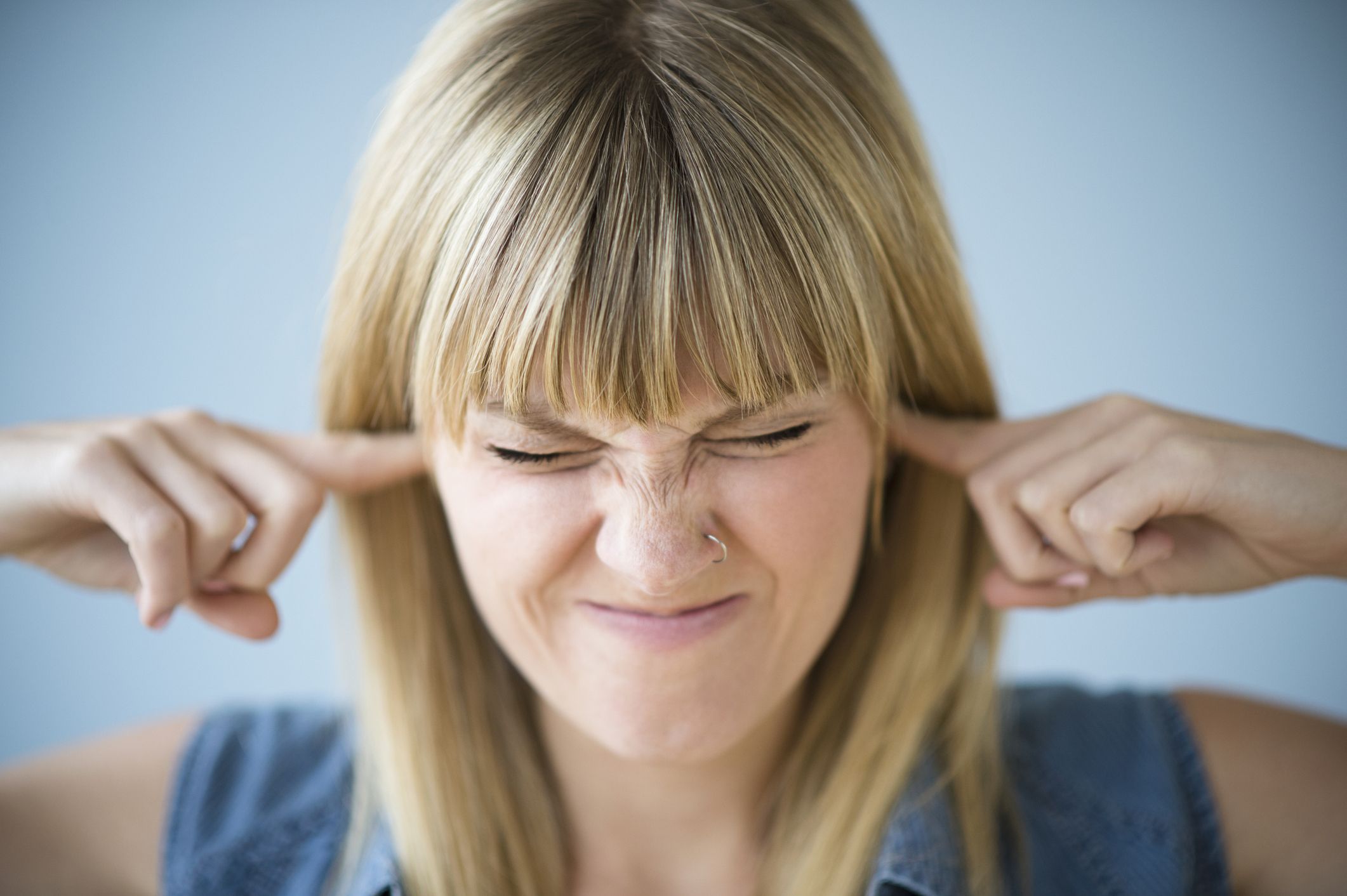Imagine you could no longer hear the birds singing, the waves crashing against the shore or your loved ones' voices. It's a scary thought, but it can become a reality if you don't care about your hearing. As you get older, your chances of developing hearing problems increase substantially. Fortunately, the following are simple steps you can take to protect your ears and preserve your hearing.
Regular checkups with an audiologist are critical in preserving your hearing ability. Hearing loss can cause many problems, such as difficulty communicating and understanding conversation, leading to further feelings of isolation and depression. It can also cause one to withdraw from their friends and family. An experienced audiologist can use various tests to identify underlying issues, making them the go-to professionals for anyone experiencing hearing difficulties. The sooner you visit an audiologist, the sooner a personalized treatment plan can be tailored to combat further damage to your hearing effectively.
2. Practice Good Ear Hygiene
Good ear hygiene practices are often overlooked, but there are simple steps that everyone can take to protect their hearing. Avoid using cotton swabs or poking objects into your ear canals, as these can cause damage to the delicate structures within the ear. It's also essential to practice good habits such as keeping headphone volume at a moderate level and avoiding loud noises altogether.
3. Avoid Loud Noises
Before attending loud events like concerts or even working on construction sites, you should always use some form of protective ear wear to protect yourself from noise-induced hearing loss. Exposure to loud sounds can be incredibly damaging to the tiny hair cells in your inner ear, making it possible to hear sound clearly and accurately without distortion. Wearing protective professional ear plugs around these sounds can help limit the damage done and protect your hearing for years to come.

4. Stay Away from Over-the-Counter Medications
It is important to be aware that certain medications have the potential to cause temporary tinnitus. Consultation with your doctor is imperative before taking any prescription or over-the-counter medication, such as aspirin and ibuprofen.
While most drugs are safe in small doses and occasional use, large doses taken over an extended period often contain salicylates, a form of a chemical found in aspirin products, which can cause temporary ringing in the ears. This can be a potentially uncomfortable side effect for those unsure of their proper dosage or those who do not check with a professional beforehand. Thus, speaking to your doctor before taking even the seemingly harmless allergies is essential.
5. Quit Smoking
The nicotine in cigarettes constricts blood vessels, reducing oxygen flow throughout our bodies, including our inner ear structures. This increases the risk for age-related hearing loss and more severe conditions such as Meniere's disease if left unprotected against secondhand smoke inhalation, in addition to numerous health issues associated with smoking, such as cardiovascular diseases and certain cancers.
6. Stay Hydrated
Staying hydrated can be a simple and effective way to maintain good hearing health. However, many people may not realize its importance. When the body is dehydrated, it can affect almost every system, including the inner ear. When there is a lack of fluids in our bodies, the inner ear cannot adequately keep its fluid levels balanced, leading to temporary deafness or permanent damage. That's why drinking plenty of water each day is so important. Don't fall into the trap of thinking that dehydration won't affect hearing health. Make sure to keep your fluid levels well-balanced for optimal results.
7. Treat Any Ear Problems Immediately
Ignoring symptoms like ringing in the ears, discomfort, or changes in hearing can lead to long-term damage and even irreversible hearing loss. If you experience any ear problems, see a doctor or audiologist as soon as possible for evaluation. The earlier ear problems are treated, the higher the chance of halting any potential permanent hearing damage. Early diagnosis of ear issues is often critical for restoring full-functioning hearing when the problem is resolved.

Protecting our ears should always be high on your list of priorities because, without them, you would be unable to hear all life has to offer you. By following these simple tips on how to take care of your hearing, you can ensure that you enjoy great listening experiences now and into old age, whether it's music, conversations with friends and family members, or lectures at school or work, all while preserving your ability to hear clearly and accurately over time.
Be the first to post comment!